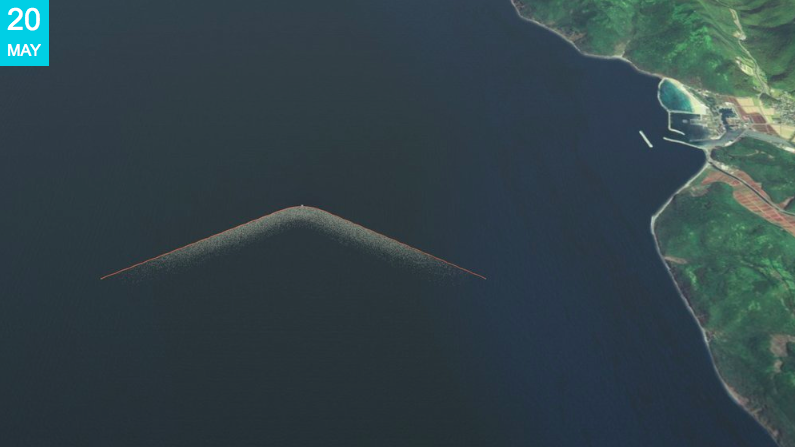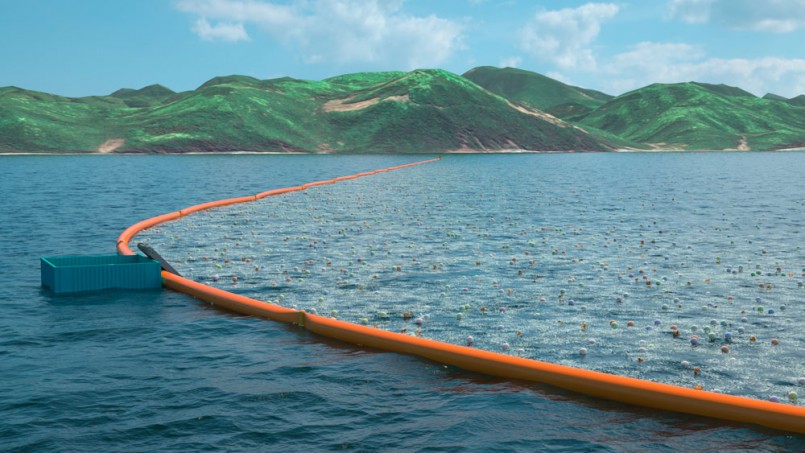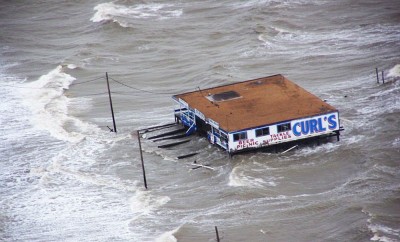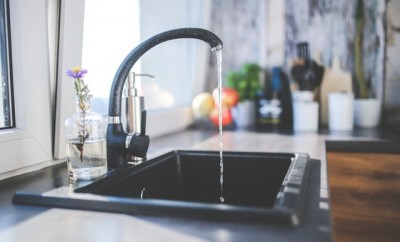Environment
The world’s first ocean cleaning system will be deployed this year

Image: theoceancleanup.com
The 20-year-old CEO and founder of The Ocean Cleanup, Boyan Slat, announced recently that the world’s first passive ocean cleaning system will most likely be deployed in 2016. The probability that the launch will actually be able to happen at that time off the coast of Tsushima is being researched currently.
As some background, the coast of Tsushima island accumulates about one cubic meter of pollution per person each year. The invention of this ocean cleaning system is aiming to reduce the amount of plastic waste that makes it to the shores, doing so for about 2 years in the water. Slat describes the goals of his mission on theoceancleanup.com:
“Taking care of the world’s ocean garbage problem is one of the largest environmental challenges mankind faces today. Not only will this first cleanup array contribute to cleaner waters and coasts but it simultaneously is an essential step towards our goal of cleaning up the Great Pacific Garbage Patch. This deployment will enable us to study the system’s efficiency and durability over time.”

Image: theoceancleanup.com
The system itself is about 2,000 meters across, becoming the largest floating device ever to be deployed into the ocean. If this device is successful, the company plans on deploying an additional 1,000 km-long system to help clean up the Great Pacific Garbage Patch, between Hawaii and California. This area is one of the most polluted areas of the ocean.
This huge system is also a huge step in the right direction to reduce ocean pollution. Aside from promoting recycling and other preventative measures to try and stop the plastic from being in the ocean in the first place, clean-up projects need to be taken on after the fact as well. Pollution is clearly a huge problem in the ocean, given that it kills fish and mammals and sabotages their habitats. Taking steps to reduce (ideally erase) the pollution within our oceans is essential to our own survival, as well as ocean creatures. Global warming isn’t the only thing affecting our oceans, and pollution is something we actually have more hands-on control over.





0 comments